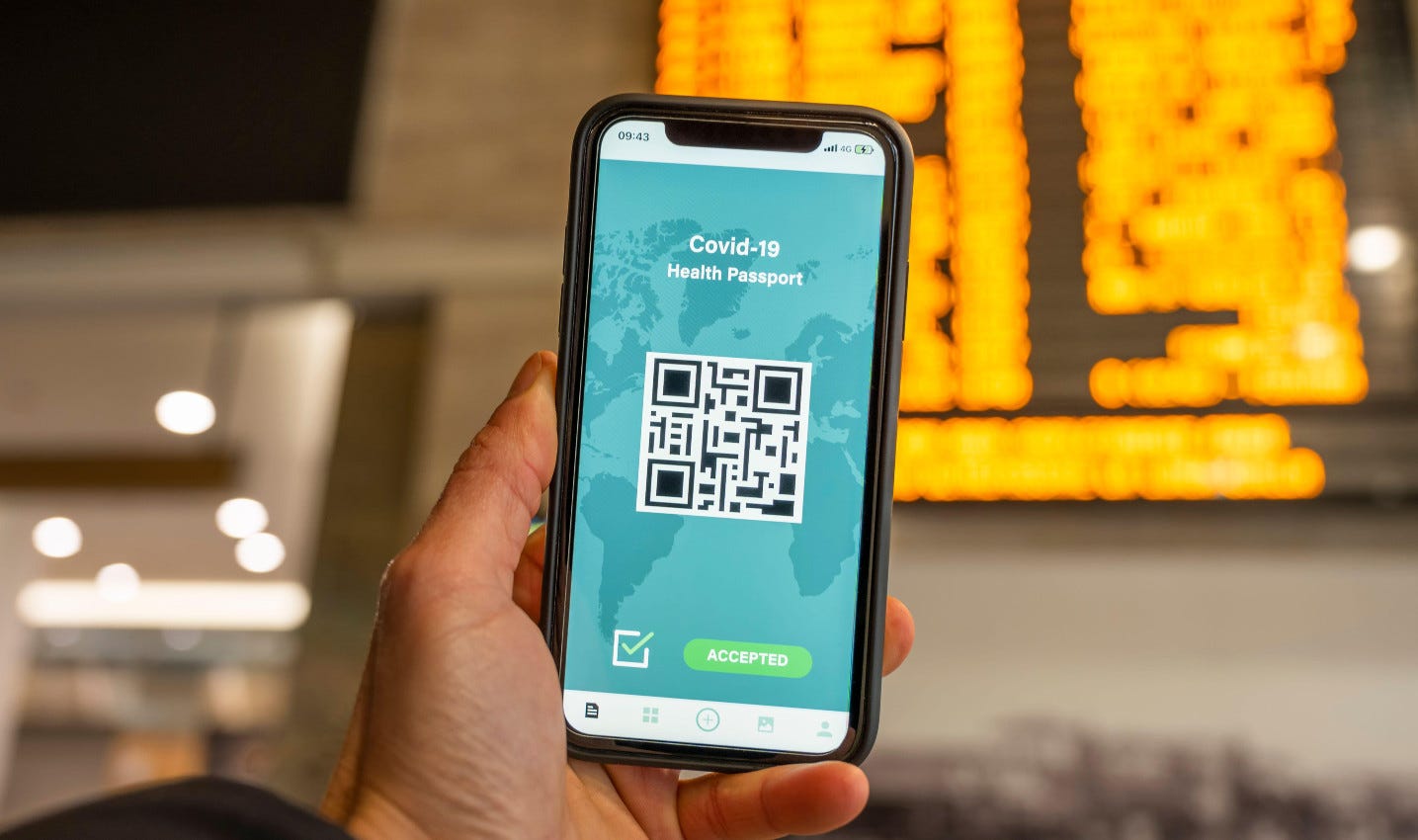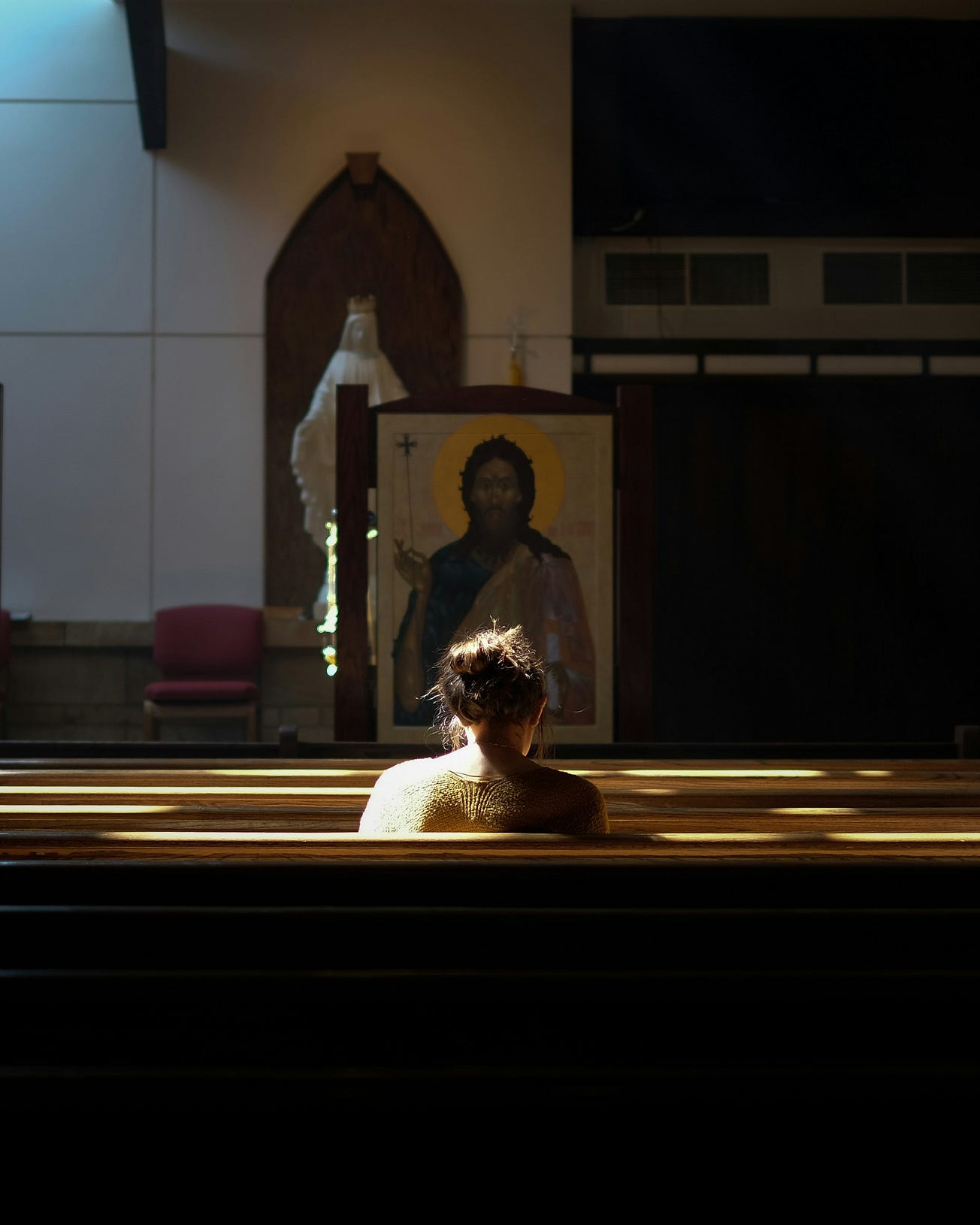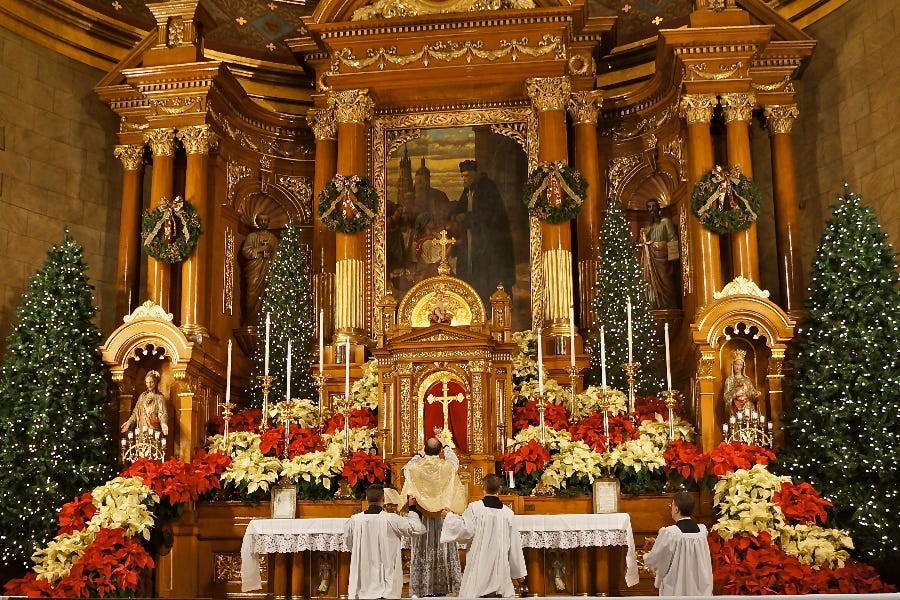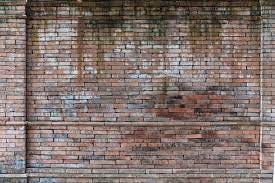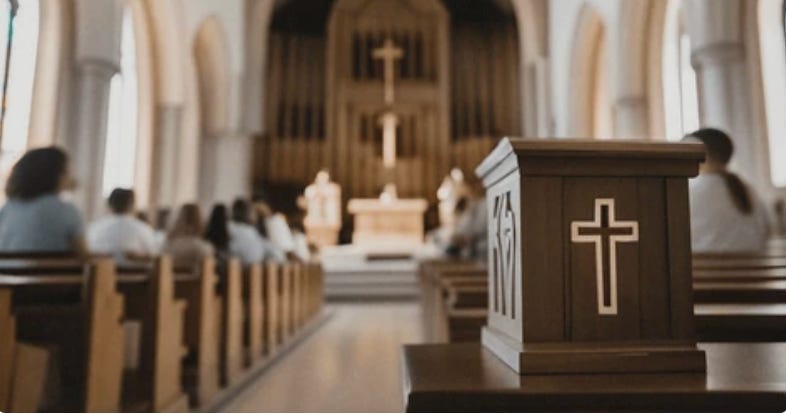The Canadian Archdiocese of Moncton has expanded a policy requiring that all Catholics aged over 12 show proof they have received two doses of a coronavirus vaccine in order to enter a church - even while the provincial government has not required houses of worship to effect those policies.
The norms were first announced on Monday and confirmed on September 22, with the added requirement that all attendees at Mass and other gatherings wear masks.
The province of New Brunswick has stated a goal of reaching a 90% vaccination rate among the eligible population in order to stop the spread of the virus, and announced recently vaccination requirements for businesses and “some” public events.
But the Moncton archdiocese’s policies exceed the requirements for houses of worship announced by the local government, and far exceed those put in place by other dioceses in the province.
Masks will be mandatory in all indoor public spaces,” the updated archdiocesan policy said Sept. 22, citing the government requirements. “It will be essential to have masks available at the entrances of churches and parish offices for people who arrive without masks.”
The archdiocese also provides that “at any gathering inside our churches, rectories or building under our supervision, those present shall be doubly vaccinated” (emphasis original).
“Volunteers are expected to be at the doors of each church to ask worshippers for proof of full vaccination and place their names on a list as fully vaccinated people… This list may eventually be requested by the government.”
According to the government website, while the indoor mask mandate is required for all indoor public gatherings, and is explicitly applied to houses of worship, the proof of vaccination requirement is only placed on “certain” indoor gatherings, which do not include houses of worship.
While the government policy does include dining venues, sports events, casinos and similar venues, and although the policy does make explicit mention of weddings and funerals, it does not apply to churches. Furthermore, the government expressly rules out the need to compile lists of vaccinated individuals, or to provide such lists to the government:
“There will be no collection of information or keeping of records,” the government affirms, making clear that the archdiocesan policy exceeds the expectations of the province for institutions falling under its policies.
The Archdiocese of Moncton’s policy has raised questions among local Catholics, some of whom have objected to the restriction of access to the sacraments for some Catholics.
While the archdiocese says that masked and socially distanced individuals can be seen at parish offices without proof of vaccination, it has not responded to questions about the availability of the sacraments, including Confession, to unvaccinated Catholics over the age of 12.
The archdiocese has also not responded to questions about requirements for the sacrament of confession in church buildings, including whether vaccinated Catholics will be required to give their name and personal details to be kept on a list in order to go to confession. The Church’s canon law aims to protect anonymity under the sacramental seal.
In addition to apparently exceeding provincial requirements, the Moncton archdiocese’s policies are also out of sync with those of other Catholic dioceses in New Brunswick.
The neighboring Diocese of Saint John issued its own coronavirus policy update on Sept. 21, requiring masks for all attendees at Mass and other liturgical functions and church gatherings.
As the provincial government aims for an adult population vaccination rate of 90%, the diocese said it will be participating in a voluntary survey of parishioners in order to gauge the current situation.
“Health Minister Dorothy Shepherd has asked faith communities to aim for a 90% vaccination rate in their congregations and has asked faith leaders to survey parishioners in order to ascertain the percentage. This survey will be distributed at Masses this coming weekend,” the diocese said.
The Saint John diocese also noted that the provincial government had signaled the possibility of further restrictions on churches if the vaccination rates were deemed to be too low, but even these did not include the proof of vaccination in order to enter a place of worship.
On Tuesday, New Brunswick premier Blaine Higgs said that “if [churches] can't prove they are fully vaccinated or to the 90% level, then the next step we will be looking at is going back to social distancing and reduced spacing requirements.”
“We want to work with every particular facility in order to try to make this happen,” said Higgs. “We will continue to work with churches, we hope that they will be vaccinated to that level but if they are not, then further measures will be required to ensure that they follow the rules necessary to prevent additional spreading at their events.”
The Moncton policy raises freedom of conscience concerns for Catholics who have not yet received, or do not wish to receive a coronavirus vaccine.
While the Church, including Pope Francis and the Congregation for the Doctrine of the Faith in Rome, has made clear that it is morally acceptable for Catholics to receive all of the widely available vaccines against coronavirus, and stated repeatedly that doing so is a service to the common good, it has also insisted that vaccination is a matter of prudential moral freedom for the individual.
In December last year, the CDF issued a note on the coronavirus vaccines, underlining their moral acceptability and service to the common good.
“From the ethical point of view, the morality of vaccination depends not only on the duty to protect one's own health, but also on the duty to pursue the common good. In the absence of other means to stop or even prevent the epidemic, the common good may recommend vaccination, especially to protect the weakest and most exposed,” said the note.
But, the CDF concluded, “practical reason makes evident that vaccination is not, as a rule, a moral obligation and that, therefore, it must be voluntary.”
The Vatican rules also do not apply to people attending any liturgical function in the Vatican, where people are permitted to enter freely without covid tests or immunization proof of any kind.

